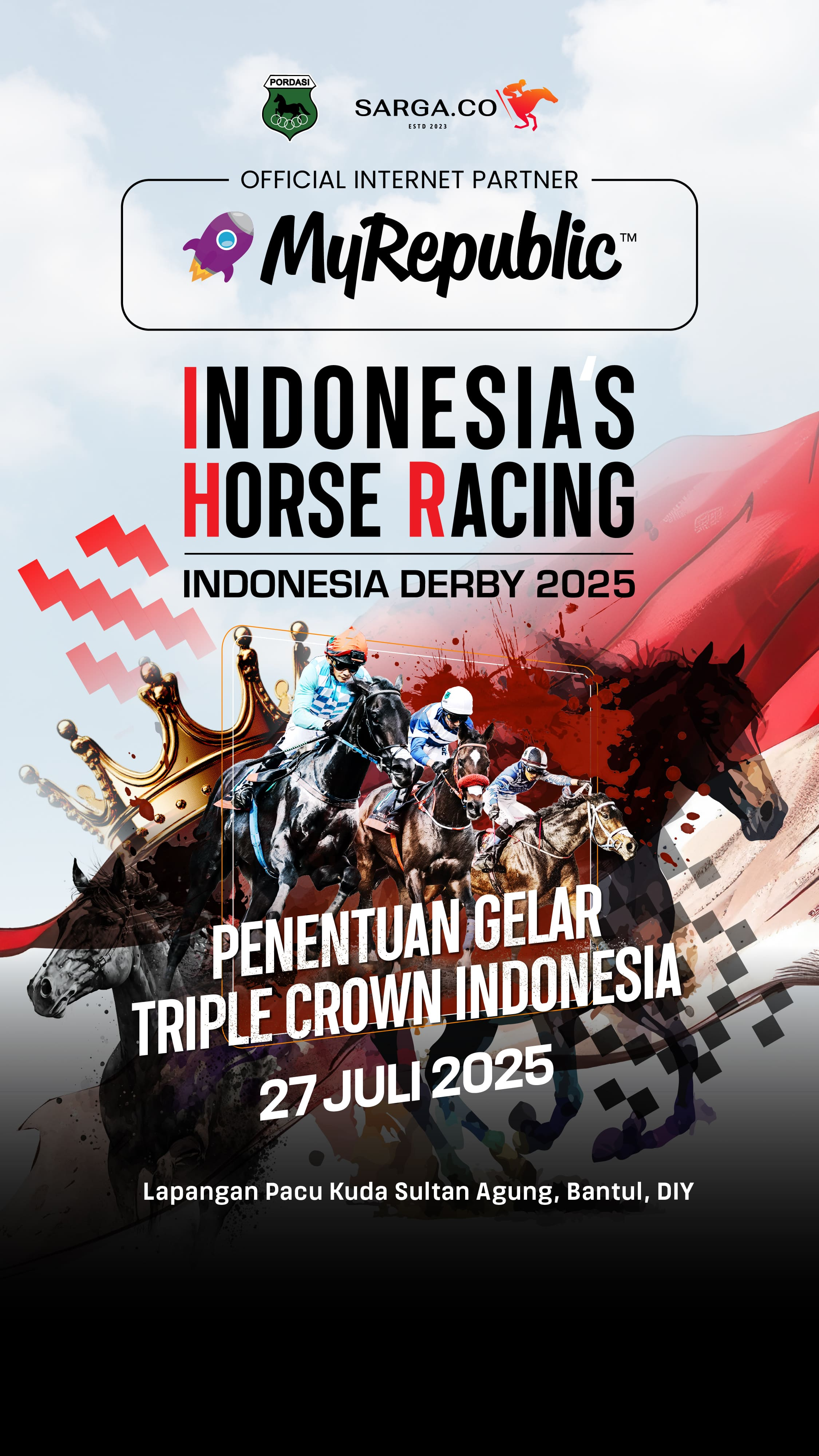





SARGA.CO – Imagine an old Italian town square completely transformed into a racing arena. Thousands of people crammed into the center. Colorful flags waving in the air. Bareback horses sprinting at full speed while church bells ring together with the hysterical screams of the crowd.



The Palio is not just a race. It’s a centuries-old heritage of the city of Siena, Italy, first held in 1633. The event takes place twice a year, on July 2 (Palio di Provenzano) and August 16 (Palio dell’Assunta), in the city’s main square, Piazza del Campo—which is magically transformed into a circular racetrack.


The participants are not nations or clubs, but 17 contrade (districts/neighborhoods) within Siena. Only 10 contrade compete in each edition, and whoever wins will be remembered and celebrated like a war hero. The losers? They swear to take revenge the following year.

A Race Without Gentle Rules
No saddles. No special lanes. No mercy.
In the Palio, a horse can win without its jockey, as long as it completes the three laps. Jockeys can fall off at any moment—even before the official start. They are paid handsomely but must also be ready to face jeers, or even violence, if they’re deemed disloyal to their contrada.
The track is narrow, dusty, and full of sharp turns. One of the most infamous corners—San Martino—has seen countless jockeys fall, adding to the race’s reputation as the most dangerous horse race in the world.

The Palio lasts only about 90 seconds, but the emotions involved can rival a World Cup final. Preparation goes on for months, involving horse training, strategy, espionage between contrade, and even religious and traditional rituals.



Each contrada has its icon, colors, mascot, and even battle songs. And when race day arrives, the entire neighborhood transforms into a single army. Emotions erupt, tears flow, and sometimes, conflicts ignite over the race results.
The winners are paraded like kings, and even the horses receive extraordinary honor. But the losers—especially if it’s a bitter rival contrada—must endure mockery, insults, and even accusations of betrayal if a jockey is caught playing “dirty.”
And that’s where the madness and beauty lie. The Palio is not about money, not about titles. It’s about community pride, identity, and the deepest of human emotions.
A Global Cultural Phenomenon
Despite ongoing controversies—especially from animal rights activists—the Palio remains a global magnet. Thousands of tourists flock to Siena every year to witness an atmosphere that cannot be replicated anywhere else. For some, it’s not just a spectacle, but a living ritual that blends history, tradition, and madness into a single breath.

The Palio di Siena is proof that humans can transform something simple—a horse race—into an epic drama that has lasted for centuries. Here, horses become heroes, jockeys become legends, and an entire city unites in a passionate roar.























































Install SARGA.CO News
sarga.co